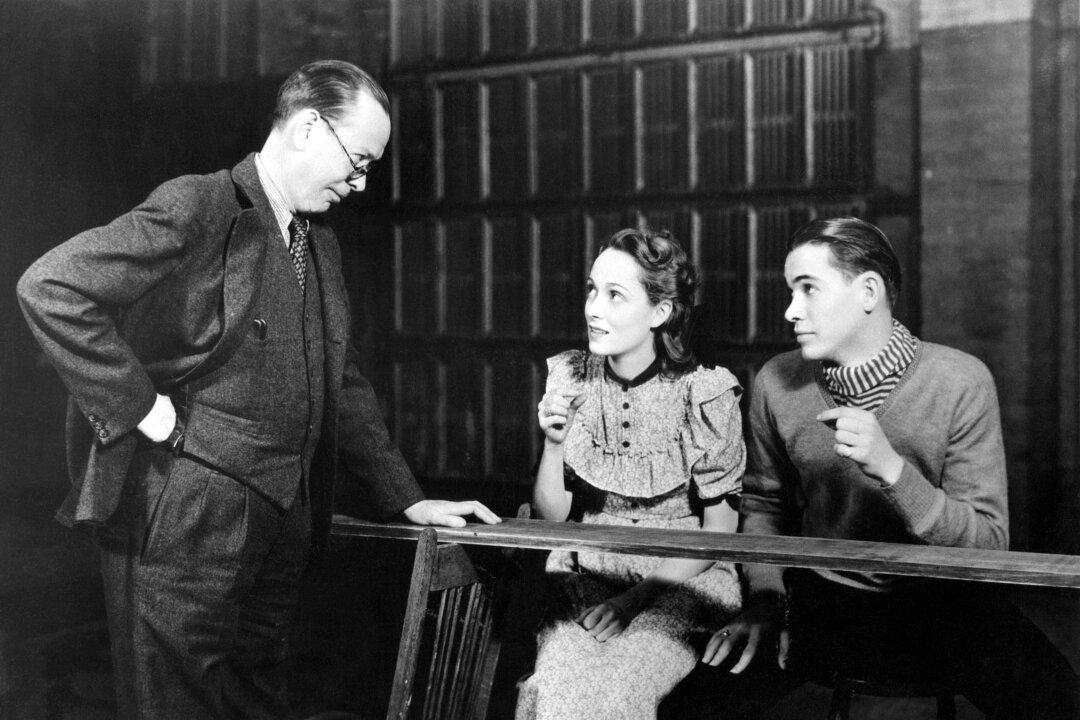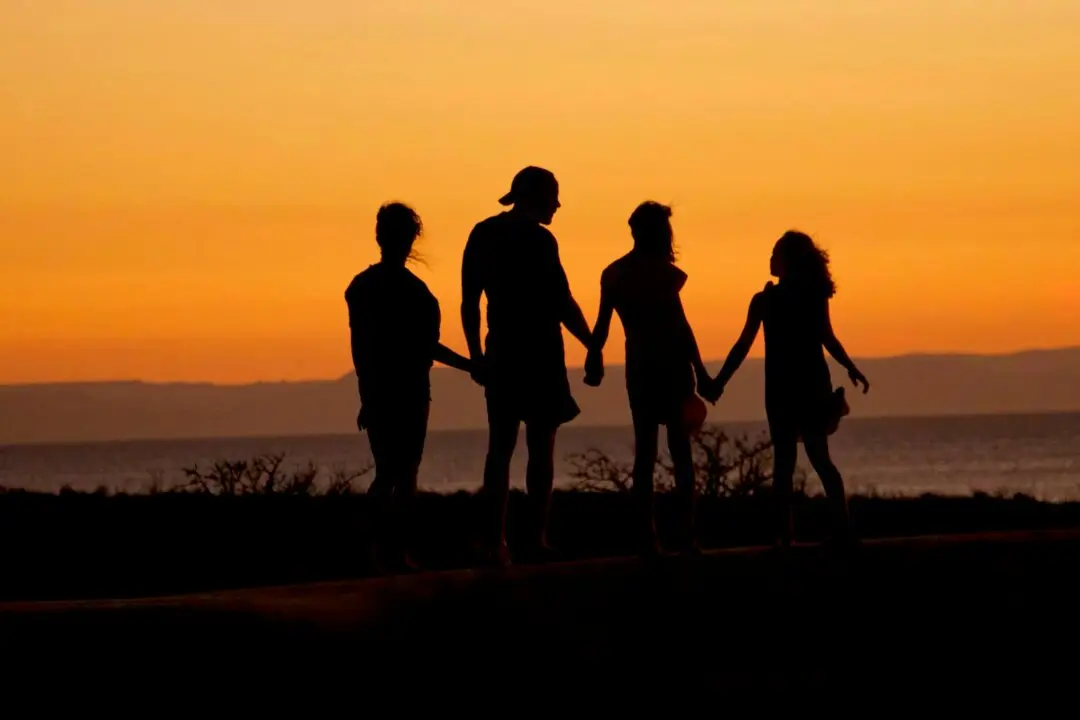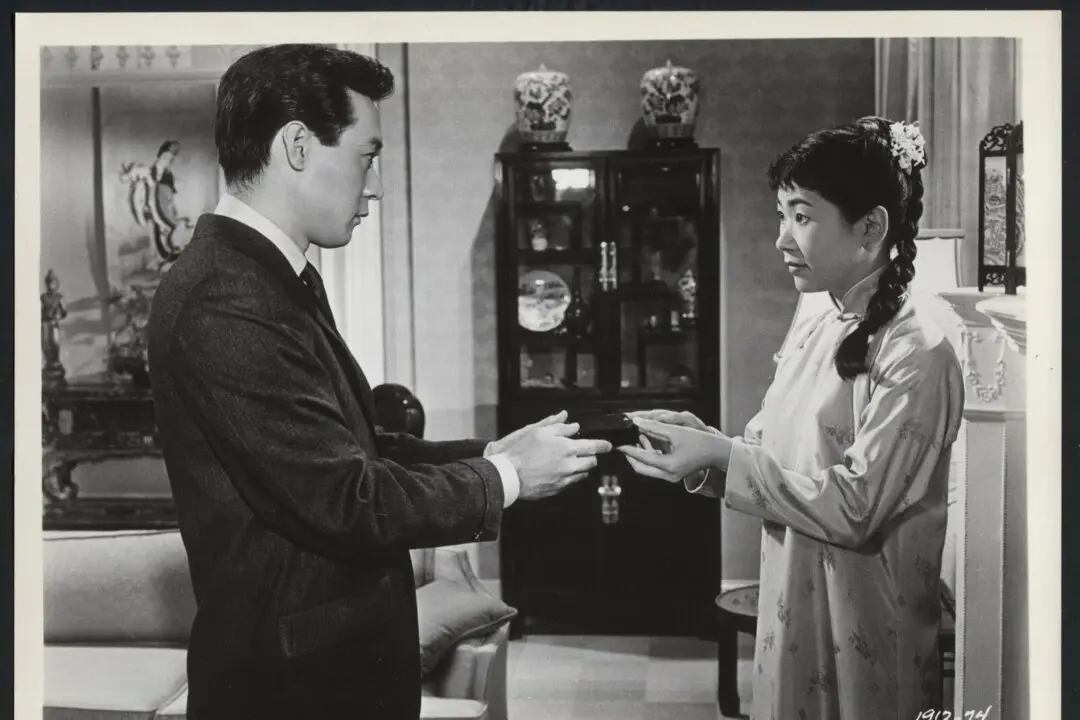Many of the planes came in low over the harbor that Sunday morning, unleashing their torpedoes on the moored ships and dropping their bombs on other vessels or on aircraft parked wing to wing on airfields. As Navy Admiral William Furlong said of the first plane that passed over his ship, the pilot was so close that “I could have hit him with a spud.”
In less than two hours, hundreds of attacking airplanes marked with Japan’s Rising Sun had inflicted a disastrous defeat on American military forces. Every battleship in the harbor was damaged, two of them beyond all repair, including the USS Arizona, which to this day rests beneath the waters. Overall, 19 ships and over 300 aircraft were crippled or destroyed, and over 2,400 sailors, soldiers, and civilians lost their lives.






